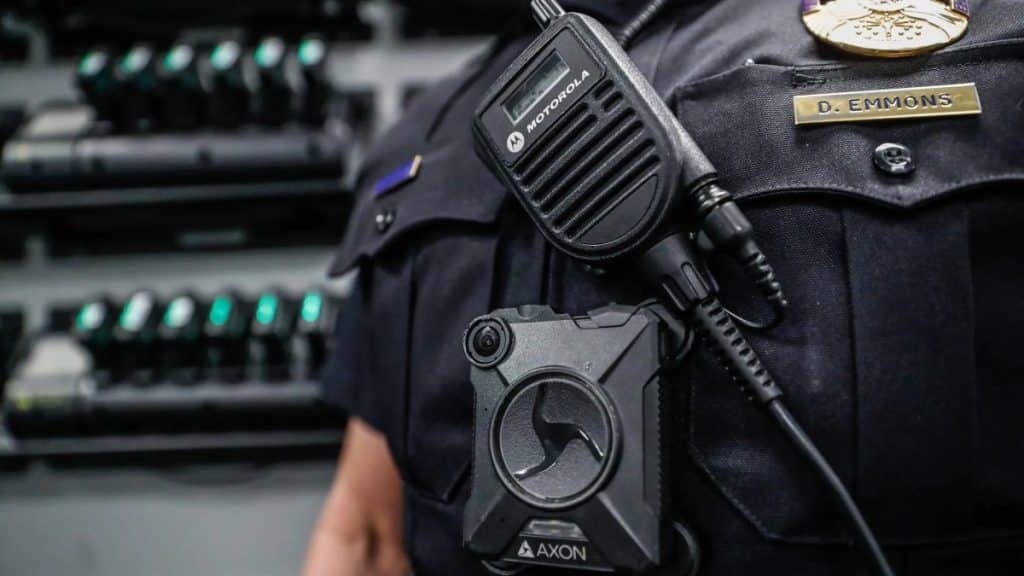Police body cameras have become increasingly prevalent in law enforcement agencies worldwide. These devices are seen as tools for enhancing transparency, accountability, and evidence collection during police interactions with the public. However, their widespread adoption has raised important legal and ethical questions, making it essential to examine the issues surrounding police body cameras.
The Assurance of Openness
A key motivation behind incorporating police body cameras is to enhance transparency in the realm of law enforcement. The videos captured by these devices can offer a comprehensive account of incidents occurring between officers and individuals. This data proves to be crucial in settling disagreements, looking into complaints, and ensuring police are answerable for their conduct.
Issues of Privacy
The adoption of police body cameras raises questions regarding privacy. Although designed to document events in public areas, the cameras also capture exchanges involving those who might prefer not to be recorded. Reconciling the demand for openness with one’s right to privacy remains a persistent predicament. Guidelines and policies must address when and how body cameras should be used to respect individual privacy while maintaining transparency.
Legal Challenges
The use of police body camera footage as evidence in criminal cases has led to legal challenges. A criminal lawyer may argue for the admissibility or exclusion of such evidence based on various legal grounds, including chain of custody issues, Fourth Amendment violations, or privacy concerns. These challenges can impact the outcomes of criminal trials.
Access to Footage
Ascertaining which individuals have the right to view police body camera recordings and under which conditions is a sophisticated matter. Various parties, such as law enforcement, the public, and the media, desire access to these videos for distinct purposes. Achieving an equilibrium between openness and confidentiality requires the creation of well-defined procedures for disclosing footage, safeguarding sensitive data, and adhering to public records legislation.
Data Storage and Retention
Handling enormous volumes of video information presents a logistical hurdle. Police departments need to develop guidelines for preserving and maintaining body camera footage, taking into consideration storage space, data protection, and legal mandates. Choices regarding how long to keep footage can influence investigations and legal processes.
Preservation of Evidence and Chain of Custody
Footage captured by police body cameras often plays a vital role in criminal cases. Upholding the chain of custody and guaranteeing the evidence’s integrity are crucial for its acceptability in court. Well-established legal procedures and protocols are necessary for managing body camera evidence, ensuring it remains untampered and is not misused.
Officer Discretion Concerning Activation
A primary ethical dilemma related to body cameras involves the level of discretion officers possess in turning them on or off. The capacity to deactivate the camera under particular circumstances has led to concerns about selective recording and potential exploitation of this function. It is imperative that law enforcement agencies set transparent guidelines on when cameras should be activated and the situations in which they can be deactivated.
Sustaining Public Trust and Perception
Employing police body cameras can bolster public confidence in law enforcement. Nevertheless, the appearance of transparency may be swayed by the utilization and disclosure of the footage. To preserve trust, law enforcement agencies must demonstrate transparency in managing body camera recordings, address occurrences of misconduct, and engage in open communication with the community.
Police body cameras have the potential to be valuable tools for increasing transparency and accountability in law enforcement. However, their use raises complex legal and ethical issues that must be carefully addressed. Striking the right balance between transparency, privacy, and accountability is an ongoing challenge for law enforcement agencies, policymakers, and the legal system. Solutions should aim to enhance public trust while respecting individual rights and ethical standards. The proper use and management of police body cameras are vital for the advancement of both justice and the ethical practice of law enforcement.
